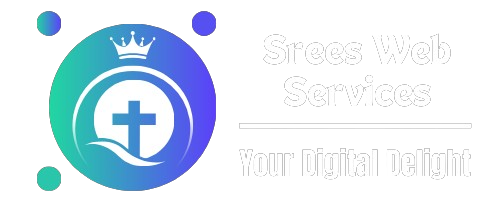Introduction
Content marketing is a crucial strategy for small businesses aiming to build their brand, engage their audience, and generate leads. Unlike traditional marketing methods, content marketing focuses on creating and distributing valuable, relevant, and consistent content to attract and retain a clearly defined audience.
Benefits

Brand Building
Content marketing helps establish and strengthen your brand by showcasing your expertise and providing valuable information to your audience. By consistently delivering high-quality content, you position your business as a trusted authority in your industry. This trust can lead to increased brand recognition and loyalty.
Audience Engagement
Engaging your audience is key to building a loyal customer base. Content marketing provides numerous opportunities for interaction, such as blog posts, social media updates, videos, and newsletters. By addressing the needs and interests of your audience, you can foster a community around your brand and encourage ongoing engagement.
Lead Generation
Content marketing is an effective way to generate leads. By offering valuable content, such as e-books, whitepapers, and webinars, in exchange for contact information, you can build a database of potential customers. Quality content that addresses the pain points of your audience can nurture these leads through the sales funnel, ultimately converting them into paying customers.
Strategies


Effective Content Marketing Strategies for Small Businesses
- Define Your Goals: Determine what you want to achieve with your content marketing efforts, whether it’s brand awareness, lead generation, or customer retention.
- Know Your Audience: Understand your target audience’s needs, preferences, and pain points to create content that resonates with them.
- Content Planning: Develop a content calendar to plan and organize your content creation and distribution. This ensures consistency and helps you stay on track with your goals.
- SEO Optimization: Optimize your content for search engines to increase visibility and attract organic traffic. Use relevant keywords, create high-quality content, and ensure your website is user-friendly.
- Leverage Social Media: Share your content on social media platforms to reach a broader audience. Engage with your followers by responding to comments and encouraging discussions.
- Measure and Adjust: Use analytics tools to track the performance of your content marketing efforts. Analyze the data to understand what works and what doesn’t, and adjust your strategy accordingly.
Examples
Case Studies of Successful Content Marketing Campaigns
- Buffer: Buffer, a social media management tool, built its brand through high-quality blog content that provides valuable social media tips and insights. Their consistent and informative content has helped them grow a loyal following and attract new customers.
- Dollar Shave Club: Dollar Shave Club’s humorous and engaging video content went viral, significantly boosting brand awareness and customer acquisition. Their content marketing strategy focused on entertaining while highlighting the benefits of their subscription service.
- Glossier: Glossier, a beauty brand, leverages user-generated content and engages with customers on social media to create a strong community. Their approach to content marketing has helped them build a dedicated customer base and increase brand loyalty.
Conclusion

Content marketing offers numerous benefits for small businesses, from building brand awareness to generating leads and engaging your audience. By implementing effective content marketing strategies and learning from successful campaigns, small businesses can create valuable connections with their audience and drive growth. Embrace content marketing today to unlock its full potential for your business.









